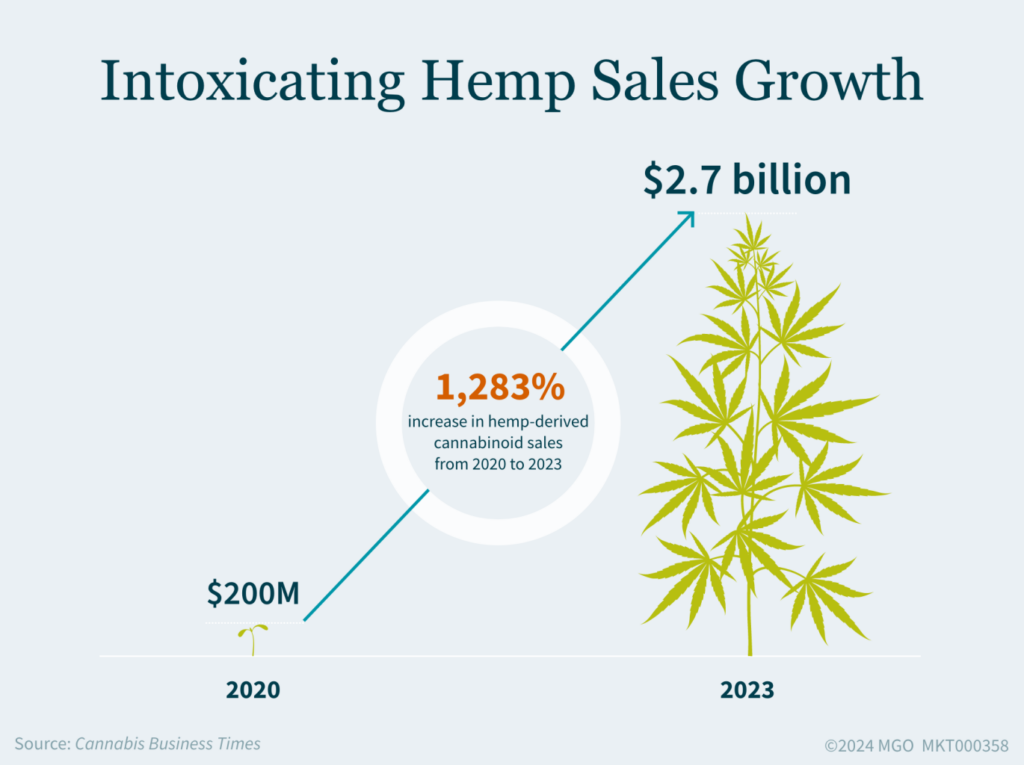The burgeoning industrial hemp market presents a unique and potentially lucrative opportunity for investors seeking diversification and exposure to a rapidly growing sector. Understanding the nuances of this industry, from cultivation and processing to end-product applications, is crucial for making informed investment decisions. Investing in industrial hemp requires careful consideration of various factors, including regulatory landscapes, market trends, and the specific business models of companies operating within the space. This guide will explore the different avenues available for investing in industrial hemp and provide insights into navigating this exciting, yet complex, market.
Understanding the Industrial Hemp Landscape
Before diving into specific investment strategies, it’s essential to grasp the fundamentals of the industrial hemp industry. Industrial hemp, a variety of the Cannabis sativa plant, is distinguished from marijuana by its low tetrahydrocannabinol (THC) content (less than 0.3% on a dry weight basis). This legal distinction allows for the cultivation and processing of industrial hemp for a wide range of applications, including:
- Textiles: Hemp fibers are strong and durable, making them suitable for clothing, rope, and other textiles.
- Construction Materials: Hempcrete, a bio-composite material made from hemp hurds, lime, and water, offers sustainable and energy-efficient building solutions.
- Food and Beverages: Hemp seeds are a nutritious source of protein, omega-3 fatty acids, and fiber, and are used in various food products.
- Health and Wellness: Cannabidiol (CBD), a non-psychoactive compound extracted from hemp, is used in a variety of health and wellness products.
- Plastics and Composites: Hemp fibers can be used to create bioplastics and composite materials, offering a sustainable alternative to traditional plastics.
Different Avenues for Investing in Industrial Hemp
Several options exist for investors looking to gain exposure to the industrial hemp market:
- Publicly Traded Companies: Some publicly traded companies are involved in the cultivation, processing, or distribution of industrial hemp products. Researching these companies and analyzing their financial performance is crucial before investing.
- Private Companies: Investing in private hemp companies can offer higher growth potential, but also carries greater risk. Due diligence is essential to assess the company’s business model, management team, and financial stability.
- Hemp-Focused ETFs and Mutual Funds: Exchange-Traded Funds (ETFs) and mutual funds that focus on the cannabis or hemp industry can provide diversified exposure to the sector.
- Direct Investment in Hemp Farms: While less common, some investors may choose to directly invest in hemp farms or cultivation operations. This requires significant expertise and capital.
Navigating the Risks and Challenges
Investing in industrial hemp, like any investment, involves risks. Some of the key challenges include:
- Regulatory Uncertainty: The legal landscape surrounding industrial hemp is constantly evolving, and changes in regulations can impact the industry.
- Market Volatility: The hemp market is still relatively new and can be subject to significant price fluctuations.
- Competition: The hemp industry is becoming increasingly competitive, and companies need to differentiate themselves to succeed.
- Supply Chain Issues: Establishing reliable supply chains for hemp products can be challenging.
Due Diligence is Key
Thorough due diligence is essential before investing in any industrial hemp venture. This includes researching the company’s management team, financial performance, business model, and competitive landscape. Understanding the regulatory environment and potential risks is also crucial.
FAQ: Investing in Industrial Hemp
Is investing in industrial hemp legal?
Yes, industrial hemp is legal in the United States under federal law, provided it contains less than 0.3% THC. However, state laws may vary, so it’s important to be aware of the regulations in your area.
What are the potential returns on investment in industrial hemp?
The potential returns on investment in industrial hemp can be significant, but they also come with higher risks. The market is still developing, and returns can vary depending on the specific investment and market conditions.
What are the key factors to consider when investing in a hemp company?
Key factors to consider include the company’s management team, financial performance, business model, competitive landscape, and regulatory compliance.
Ultimately, the decision of how to invest in industrial hemp requires careful research, a thorough understanding of the industry, and a realistic assessment of your risk tolerance. The potential for growth is undeniable, but navigating the complexities of this emerging market is crucial for success. As the industry matures and regulations become more stable, investing in industrial hemp may become an increasingly attractive option for a wider range of investors.

